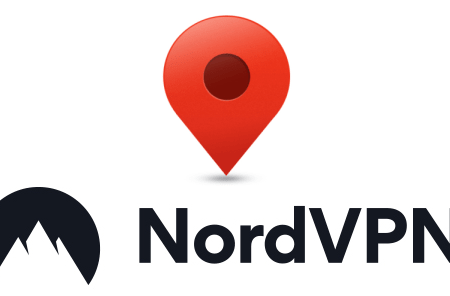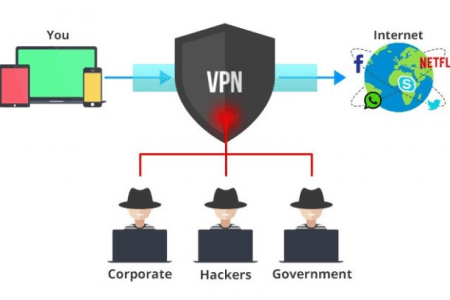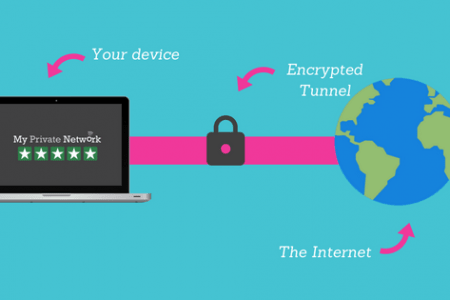Mobile Giants as Sprint, T-Mobile, Verizon, and AT&T Change their Policies






admin
06.07.2018
Mobile Giants as Sprint, T-Mobile, Verizon, and AT&T Change their Policies
The wave of resentment arose after one company made public that tracing any mobile phone throughout the USA will take only a couple of seconds.
 Three large US mobile operators were criticized by the senator for not wanting to stop relaying to other organizations personal details of their customers about their exact location in online mode.
Three large US mobile operators were criticized by the senator for not wanting to stop relaying to other organizations personal details of their customers about their exact location in online mode.
Ron Wyden (D-OR), who serves as the senator, encouraged Verizon, which decided to sever ties with data aggregators, embracing LocationSmart that was seen in the data transmission to the prison technical organization, which in turn made public that tracing any mobile phone throughout the USA will take only a couple of seconds.
Nevertheless, such companies as Sprint, T-Mobile, and AT&T were not left without reproaches from the senator for the fact that they decided to continue their activities in their usual mode.
On Tuesday, Mr. Wyden reported that Verizon had made the right decision regarding the termination of cooperation with these companies.
He also added that because of such companies as Sprint, T-Mobile, and AT&T, and their actions (selling information to third parties), the privacy of US residents is in great danger.
After such a loud statement, AT&T published a news that it also stops the transfer of information to other organizations.
The representative of the company said that they will not cooperate with the aggregators in the provision of these services, but will retain some aspects that will be used exclusively in emergency situations, such as providing first aid for road-transport problems. A little later, on Tuesday, Sprint announced that they were starting to break off the data aggregators, to which the company relayed information about the location of its customers.
The company did not specify a clear time frame, explaining that they have to notify their customers about the disabling of services like fraud prevention and emergency roadside assistance, since this process will take a long time.
A couple of hours later, on John Legere’s Twitter, who holds the post of CEO of , the news that their company also supports the new policy and terminates cooperation with third parties in providing customer data about their whereabouts has appeared. These statements from four mobile operators were included in the publication on Tuesday, after Wyden’s request to explain the reasons why a huge amount of personal data about the location of US residents fell to the aggregators, who were able to manage this information through carriers.
The above mobile operators report that the transmission of such information is generally accepted as part of the need to provide assistance for road traffic problems or fleet tracking. Nevertheless, they confirmed that this information should be under closer control.
The carriers were associated with LocationSmart, which had direct contacts with the cache containing user location data. Moreover, such aggregators practiced the transfer of information to their users. However, carriers have disclosed that 3Cinteractive was one of the customers of LocationSmart, which has transmitted information to Securus. This organization is a prison technology company that used the info for its own purposes, violating the policy of carriers.
In order for customer data to be used, aggregators need to obtain permission directly from the client. This can be done by sending a text request to the client or by providing the user the opportunity to give this permission through a special application. The New York Times reported that correctional workers and police officers have the ability to locate any citizen without the prior consent to these actions. This became possible due to the fact that Securus provided information without checking the presence of a permissive order.
Large mobile operators immediately reacted to this news and reported the fastest adoption of all necessary measures to protect information and block access for 3Cinteractive and Securus.
The representative of 3Cinteractive did not comment on this message in any way.
On Tuesday, the company LocationSmart reported that they carefully studied all the messages from the carriers and no transactions related to the receipt and transmission of location information, they did not conclude. In addition, it was reported that the company does not collect and use data about where the customers of mobile communications are.
It was also said that on May 10 the company blocked access for Securus. LocationSmart claims that they respect the needs of all customers and ensure that all rules and conditional use of their site are complied with, including obtaining permission from clients.
In spite of this, the large operators of mobile communication could not understand how exactly the companies were able to obtain user consent for the transfer of information to LocationSmart.
This issue has already been raised earlier, but no company has provided any clear information about exactly how they receive consent from users.
Sprint said that their internal rules regarding data confidentiality are constructed in such a way that they can transfer client information (including location data) to third parties. Verizon also mentioned that they receive the consent of customers when they accept their privacy policy.
Users who cannot refuse to accept the privacy policy may be blocked, preventing them from sharing their location information with the aggregators.
Stephanie Lacambra, who is the legal adviser for the Electronic Frontier Foundation, said she is not sure that users can take advantage of something that will help them prevent their location data from being transferred to other organizations similar to LocationSmart. After some time, LocationSmart had to partially block its website, after the security researcher managed to get information about the online location of customers without any user consent. Robert Xiao announced that the company cannot control the level of security while the site serves information about the location. LocationSmart claims that they did not receive information without prior user permission outside of the requests of the researcher.

09 July 2018
0
During an Internet session, each person encountered such a nuisance […]

05 May 2018
0
With the rising wave of technologies and development around the […]

